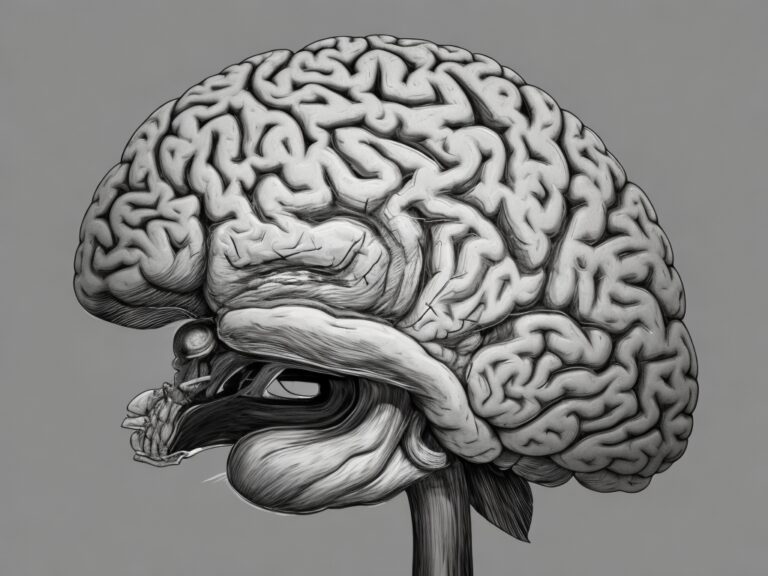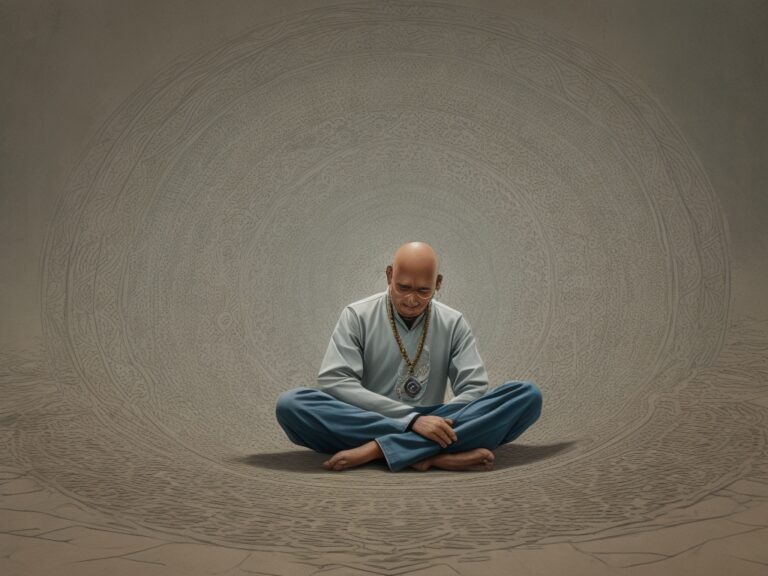What Can I Do to Get Rid of My Depression

Depression is a multifaceted mental health challenge that affects millions of people around the world, transcending age, gender, and socio-economic boundaries. Its manifestations are diverse, ranging from persistent feelings of sadness and despair to a deep-seated disinterest in previously enjoyed activities.
In this article we will answer on What can I do to get rid of my depression.
Table of Contents
ToggleWhat is depression
Before we give the answer for What can I do to get rid of my depression, we need to know what is depression exactly.
Depression, a term that encapsulates a wide range of emotional states, represents a significant psychological condition that impacts countless individuals globally, regardless of age, gender, or background. Characterized by persistent feelings of sadness, hopelessness, and a lack of interest or pleasure in previously enjoyable activities, this condition can profoundly affect one’s daily life, work, and relationships.
At its core, depression stems from a complex interplay of factors rather than a single cause. These can include genetic predispositions, biochemical imbalances, personal life events such as trauma or loss, and psychological factors like low self-esteem or chronic stress.
Understanding this condition requires recognizing that its roots are deep and varied, affecting individuals in deeply personal ways.
Symptoms of depression can manifest physically, emotionally, and behaviorally. Individuals may experience changes in appetite or sleep patterns, fatigue, difficulty concentrating, feelings of worthlessness or excessive guilt, and in severe cases, thoughts of death or suicide.
These symptoms are persistent and can significantly impede one’s ability to function effectively in everyday life.
Depression side effects
Depression is known for its impact on mood but it can also lead to a range of side effects that affect one’s other aspects of life.
Physical Health Side Effects:
- Sleep Disturbances: Individuals with depression often experience problems with sleep, whether it’s difficulty falling asleep (insomnia), or sleeping too much (hypersomnia). Both can exacerbate the fatigue associated with depression.
- Changes in Appetite and Weight: Depression can lead to decreased appetite and weight loss for some, while others may find themselves eating more and gaining weight.
- Energy Levels: A pervasive sense of fatigue and a decrease in energy are common, making even daily tasks feel exhausting.
- Pain: Unexplained symptoms such as headaches are often reported, which do not seem to have a clear physical cause.
Cognitive and Emotional Side Effects:
- Difficulty Concentrating: Depression can impair one’s ability to focus, make decisions, or remember details, affecting performance at work or school.
- Loss of Interest: A diminished interest in activities once enjoyed, leading to social withdrawal and neglect of hobbies and leisure activities.
- Feelings of Worthlessness: Continual negative self-perceptions can result in feelings of guilt, a sense of worthlessness, or a tendency to be excessively critical of oneself.
- Emotional Sensitivity: Increased irritability or frustration, even over small matters, and a general sense of emotional instability or mood swings.
Behavioral Side Effects:
- Withdrawal from Social Activities: Individuals may isolate themselves, withdrawing from friends, family, and social engagements.
- Changes in Performance: This may include declining performance at work or school and neglecting responsibilities and personal care.
- Substance Use: Some people may turn to alcohol or drugs as a way to self-medicate, attempting to escape their depressive symptoms.
- Suicidal Behaviors: depression may cause to contemplations of self harm In extreme situations.
Long-Term Side Effects: depression can lead to a variety of long-term health problems over time, such as a higher likelihood of heart disease and other chronic illnesses, stemming from continuous stress and unhealthy lifestyle choices

What can I do to get rid of my depression?
These few next step will answer you on What can I do to get rid of my depression.
Seek Professional Help
- Consult a Healthcare Provider: A doctor can rule out physical health issues that might be contributing to your depression and provide referrals to mental health specialists.
- Therapy: Talking to a therapist or counselor can help you explore the root causes of your depression, develop coping strategies, and start the process of healing. going to therapy can help you know How to Keep Good Mental Health.
Build a Support Network
- Lean on family and friends for support. Sharing your experiences with loved ones can provide relief and strengthen your relationships.
- Join a support group.
Building connections with individuals who are experiencing similar difficulties can lessen the sense of loneliness and offer meaningful advice and support.
Cultivate Healthy Habits
- Exercise Regularly: Physical activity can boost your mood and energy levels due to the release of endorphins.
- Maintain a Balanced Diet: Nutritious foods can impact your brain health and energy levels, affecting your mood and emotional well-being.
- Establish a Sleep Routine: Both oversleeping and insomnia can worsen depression. Try to get a consistent, adequate amount of sleep each night.
- Limit Alcohol and Avoid Drugs: These substances can worsen depression and interfere with medications.
Practice Stress-Reduction Techniques
-
Continual negative self-perceptions can result in feelings of guilt, a sense of worthlessness, or a tendency to be excessively critical of oneself.
Set Realistic Goals
Set small, achievable goals for yourself. Accomplishing tasks can improve your confidence and provide a sense of progress.
Do Things You Enjoy (or Used to)
Engage in hobbies and activities that you find enjoyable or fulfilling, even if you don’t feel like it at first
Challenge Negative Thoughts
- Try to combat negative thoughts and patterns of thinking. Recognize that these are symptoms of your depression, not truths about your worth or abilities.
Remember, overcoming depression is a journey, and setbacks can happen. Treat yourself kindly and recognize every bit of progress you make, no matter how minor it may seem.
Related Article: How do I maintain my mental health: A Comprehensive Guide
Conclusion
In conclusion, tackling depression is a multifaceted journey that combines professional guidance, personal effort, and lifestyle adjustments.
Recognizing the need for help and taking proactive steps to address your mental health are significant milestones toward recovery.
If you don’t find the answer you looking for on What can I do to get rid of my depression. We advice you to seek therapy.






